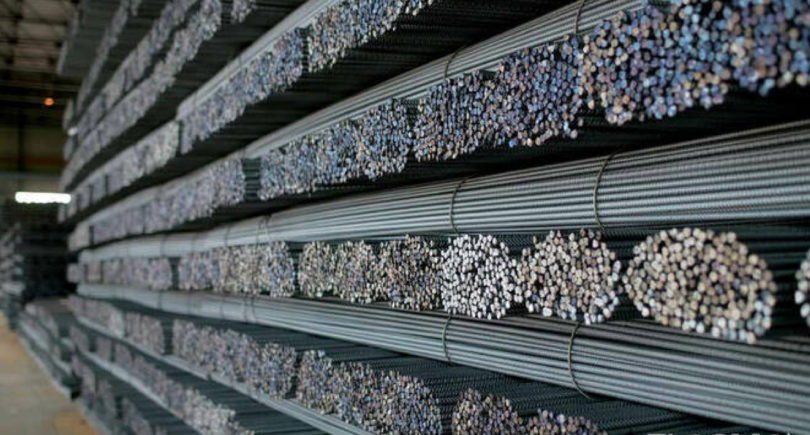
News Global Market Germany 2624 12 March 2024
The first round of the project is expected to provide €4 billion in financing
Germany has launched a tender subsidy to support energy-intensive companies switching to greener production. The first round of the project provides funding worth €4 billion. This was reported by Reuters with reference to the German Ministry of Economy.
As part of Germany’s ambition to become climate neutral by 2045, Berlin plans to provide subsidies to companies in the steel, glass, paper, and chemicals sectors. The assistance will be provided for 15 years in exchange for reducing emissions during production.
Companies applying for tenders must provide emission reduction programs at their facilities at the lowest cost. Through the so-called climate contracts, companies will be compensated for the additional costs of green production in industries where climate-friendly production processes cannot currently be competitive.
«Today is a good day for Germany as an industrial location, for climate protection and for sustainable jobs in our country,» commented Economy Minister Robert Habeck.
Initially, Berlin planned to allocate more than €10 billion to subsidize the green transition of heavy industry, but last year the Constitutional Court banned the government from using the planned €60 billion for climate protection projects, which jeopardized the implementation of this program.
As GMK Center reported earlier, the German Ministry of Economic Affairs and Climate has proposed legislative changes that will allow the deployment of carbon capture and storage or utilization (CCS/CCU) technologies, as well as its transportation. State support will be concentrated in sectors where it is impossible or difficult to avoid emissions.
As Habeck explained to Clean Energy Wire, CCS will only be a necessary complement to the country’s climate policy, which continues to focus primarily on preventing emissions. This includes the continued deployment of renewable energy sources, the gradual phase-out of fossil fuels, the expansion of the hydrogen economy, and energy efficiency improvements where possible.



